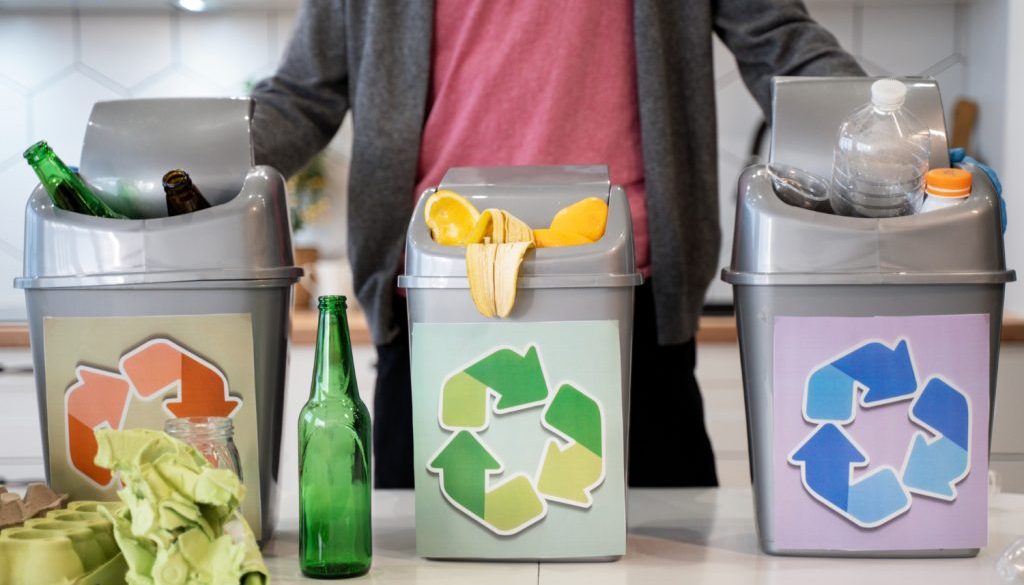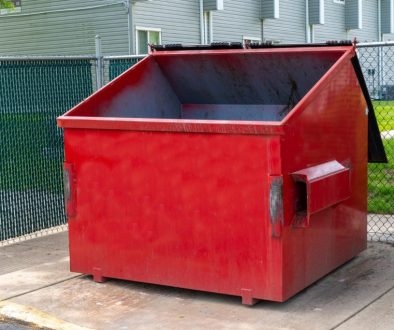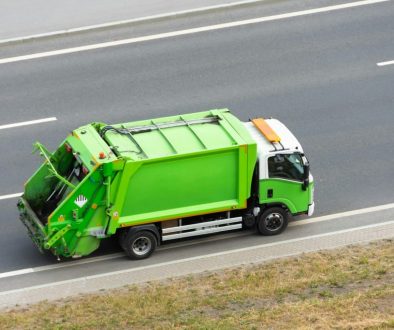Managing household waste can seem overwhelming at first, but sorting your rubbish for recycling is a great way to contribute to environmental sustainability. By separating different types of waste, you can ensure that recyclable materials don’t end up in landfills and that hazardous waste is disposed of properly. Understanding the categories of waste you generate and setting up a proper recycling system at home can make a significant impact.
In this guide, we’ll walk you through understanding the different types of waste, setting up a home recycling station, and key guidelines for sorting and preparing your rubbish. We’ll also touch on the special considerations needed for hazardous and hard-to-recycle items.
Understand the Types of Waste You Generate
Understanding the different types of waste you produce at home is essential for proper sorting and recycling. By identifying and categorising waste, you can find the best disposal or recycling method for each type.
1. Organic Waste: This includes food scraps, fruit and vegetable peelings, tea bags, and garden waste like grass clippings and leaves. Organic waste can be composted to create nutrient-rich compost for your garden.
2. Recyclable Waste: This category covers materials like paper, cardboard, glass bottles, metal cans, and certain types of plastics. Recycling these items helps conserve natural resources and reduce the burden on landfills.
3. General Waste: Non-recyclable items, such as certain plastics, nappies, and polystyrene, fall into this group. While these items need to be disposed of in general waste, reducing their use and finding alternatives can help diminish this category.
4. Hazardous Waste: Items like batteries, light bulbs, electronic goods, and chemicals are hazardous and need special handling. Separate these items from regular rubbish and take them to local hazardous waste disposal facilities.
5. Bulky Waste: Large items such as old furniture, mattresses, and appliances make up bulky waste. Many of these items can be recycled or else taken to special collection points.
Setting Up a Home Recycling Station
Creating a home recycling station is a practical step towards managing waste efficiently. A well-organised station makes sorting rubbish easier for the entire household and ensures that recyclable materials are disposed of correctly.
1. Choose a Convenient Location: Set up your recycling station in a convenient spot, such as the kitchen, garage, or utility room. Easy access encourages everyone to participate in recycling efforts.
2. Use Clearly Labelled Containers: Use separate bins for different types of recyclable materials like paper, glass, metal, and plastic. Clearly labelling each box helps avoid confusion and ensures that items are sorted correctly.
3. Have a Spot for Reusable Items: Include a box for items that can be reused, such as jars, containers, and old clothes. These items can be repurposed or donated rather than thrown away.
4. Include a Compost Bin: If you have a garden, set up a compost container for organic waste. Composting reduces the amount of waste sent to landfills and produces valuable fertiliser for your plants.
5. Regularly Empty and Maintain Your Boxes: To prevent your recycling station from becoming cluttered, empty the containers regularly. Clean the containers as needed to avoid odours and contamination.
Key Guidelines for Sorting and Preparing Your Rubbish
Proper sorting and preparation of rubbish can ensure that recyclable materials are efficiently processed and contribute to reducing overall waste. Here are some key guidelines to keep in mind:
1. Rinse Out Containers: Before disposing of items like plastic bottles, glass jars, or metal cans, give them a quick rinse to remove any food residues. Clean items are easier to recycle and help prevent contamination.
2. Remove Labels When Possible: If you can, remove labels and lids from bottles and jars. This can improve the recycling process. Sometimes, labels can interfere with the recycling of materials.
3. Flatten Cardboard: Break down cardboard boxes to save space in your recycling bins. Flattening them makes them easier to store and transport.
4. Do Not Bag Recyclables: Avoid putting recyclables in plastic bags unless your local council specifies otherwise. Loose items are easier to sort and process.
5. Check Local Guidelines: Different councils have different rules regarding recycling. Familiarise yourself with what your local council accepts to avoid contaminating your recycling box with non-recyclable items.
6. Don’t Forget to Include Paper and Glass: Paper, newspapers, and magazines are easily recycled, as are glass bottles and jars. Ensure these items are clean and dry before recycling them.
Special Considerations: Hazardous and Hard-to-Recycle Items
Some items require special handling due to their hazardous nature or because they are difficult to recycle. Proper disposal of these items is crucial for environmental and human safety.
1. Batteries: Batteries contain harmful chemicals and should never be thrown away with regular rubbish. Many shops and recycling centres have designated battery collection points.
2. Electronics: Old electronic devices contain valuable materials but also hazardous substances. Take them to e-waste recycling centres or events that accept unwanted electronics.
3. Paint and Chemicals: Leftover paint, solvents, and other chemicals can be dangerous if not disposed of properly. Contact your local council for disposal options or take them to hazardous waste collection sites.
4. Light Bulbs and Fluorescents: These items contain small amounts of mercury and other materials that need specialised recycling processes. Some retailers and recycling centres accept light bulbs and fluorescent tubes.
5. Medical Waste: Needles, syringes, and other medical waste need special disposal methods to prevent harm to sanitation workers and the environment. Use specified collection points or take them to medical waste disposal facilities.
Conclusion
Sorting your rubbish for recycling is a crucial step towards creating a sustainable environment. By understanding the types of waste you generate and setting up a home recycling station, you can streamline the process of waste management.
Following key guidelines for sorting and preparing rubbish further enhances recycling efficiency and ensures that recyclable materials are correctly processed. Special care must be taken with hazardous and hard-to-recycle items to avoid environmental contamination and harm to humans.
If you’re looking to manage your waste more effectively and need reliable Crewe skip hire services, look no further than Enviro Skip Hire. We are committed to providing efficient waste disposal solutions and helping you maintain an eco-friendly lifestyle. Contact us today to learn more about our services and how we can assist you with your waste management needs.




